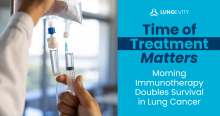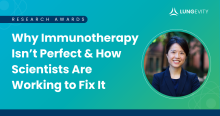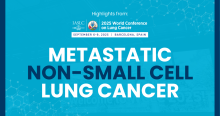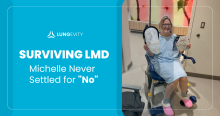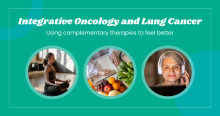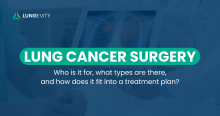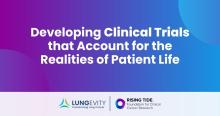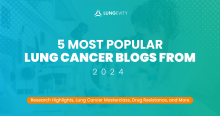Time of Treatment Matters: Morning Immunotherapy Doubles Survival in Lung Cancer
What if the time of day you receive cancer treatment matters as much as the treatment itself? New research from China, published in the prestigious scientific journal Nature Medicine, suggests it might. People with lung cancer who received immunotherapy in the morning lived significantly longer than those treated in the afternoon. Immunotherapy, given alone or combined with chemotherapy, is already an approved treatment for non-small cell lung cancer (NSCLC) without driver mutations. This study was not about the discovery of a new drug. It focused on the timing of when patients received the

